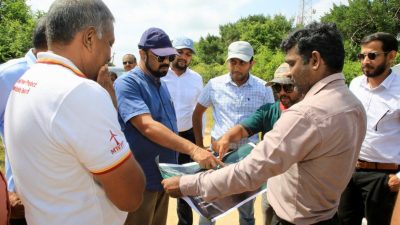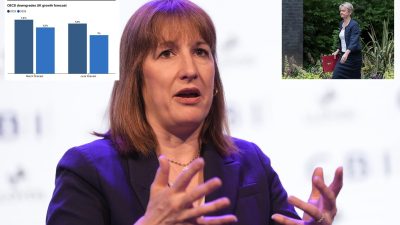The Katsina State Commissioner of Basic and Secondary Education, Zainab Musawa, has announced new operational guidelines for private and community schools as part of Governor Dikko Umar Radda’s educational reforms.
Speaking at a one-day sensitisation workshop held on Monday in Katsina, Musawa emphasised that the guidelines aim to create a transparent, efficient, and inclusive framework for school operations across the state.
While addressing school proprietors, principals, headmasters, administrators, teachers, and community leaders, Musawa said education is the cornerstone of progress, just as private as well as community schools play a pivotal role in shaping the future of our children.
She then explained that the new guidelines address critical areas, including infrastructure, curriculum delivery, teacher qualifications, student welfare, and compliance with national and state education policies.
She said, “The new operational guidelines we are discussing today have been carefully crafted to strengthen the operations of private and community schools while fostering collaboration with the State Government to meet the educational needs of every child in Katsina State”, she stated.
The ministry has revised compliance and approval processes to ensure only institutions meeting minimum standards operate, protecting students and parents from substandard education.
The Commissioner assured stakeholders that the approval process remains transparent and free from undue influence.
“For community schools specifically, the guidelines require demonstration of long-term development plans involving local stakeholders, ensuring schools serve as hubs for community welfare”, she said.
The Commissioner stressed that the guidelines represent a draft document open to stakeholder feedback and collaboration.
“These guidelines are not static. We are committed to transparency and stakeholder engagement. Your feedback is vital to refining these policies,” she noted.
She further urged all private and community schools to fully embrace the guidelines by registering for approval processes, investing in teacher training, and prioritising student welfare.
The ministry pledged support through resources, training, and partnerships, including exploration of AI-driven platforms and community literacy programs to enhance learning outcomes.
“As we move forward, let us remember that education is a shared responsibility. These guidelines are a roadmap to excellence, not a barrier,” Musawa noted.
Provided by SyndiGate Media Inc. (
Syndigate.info
).













